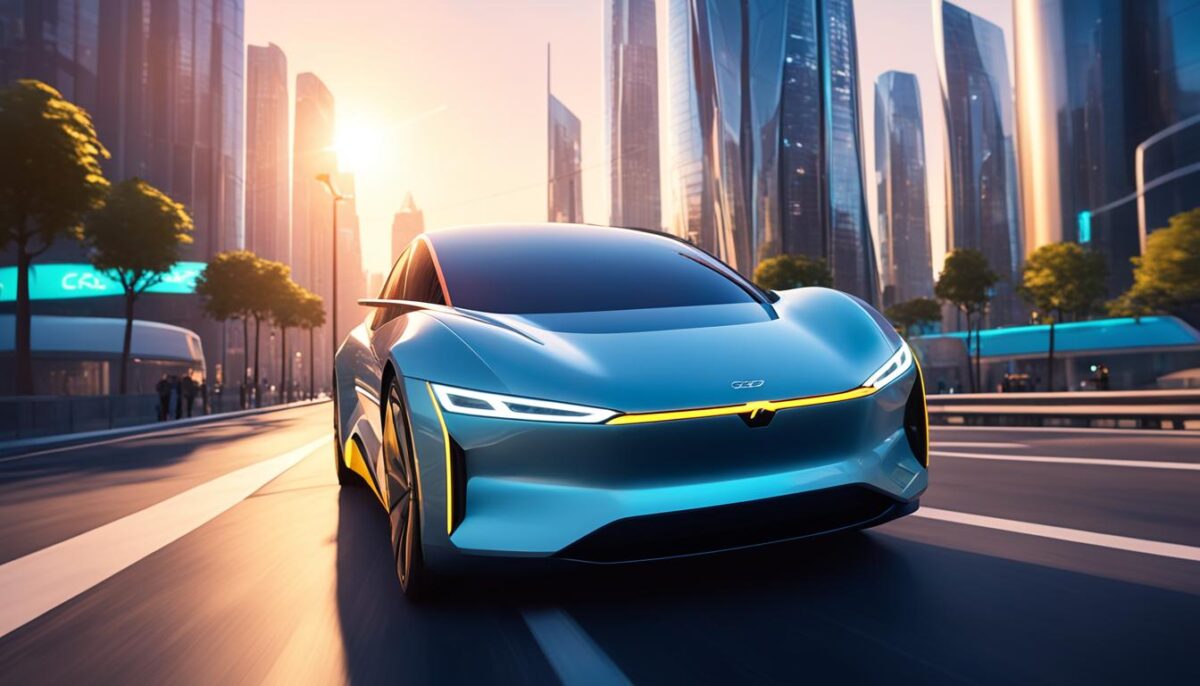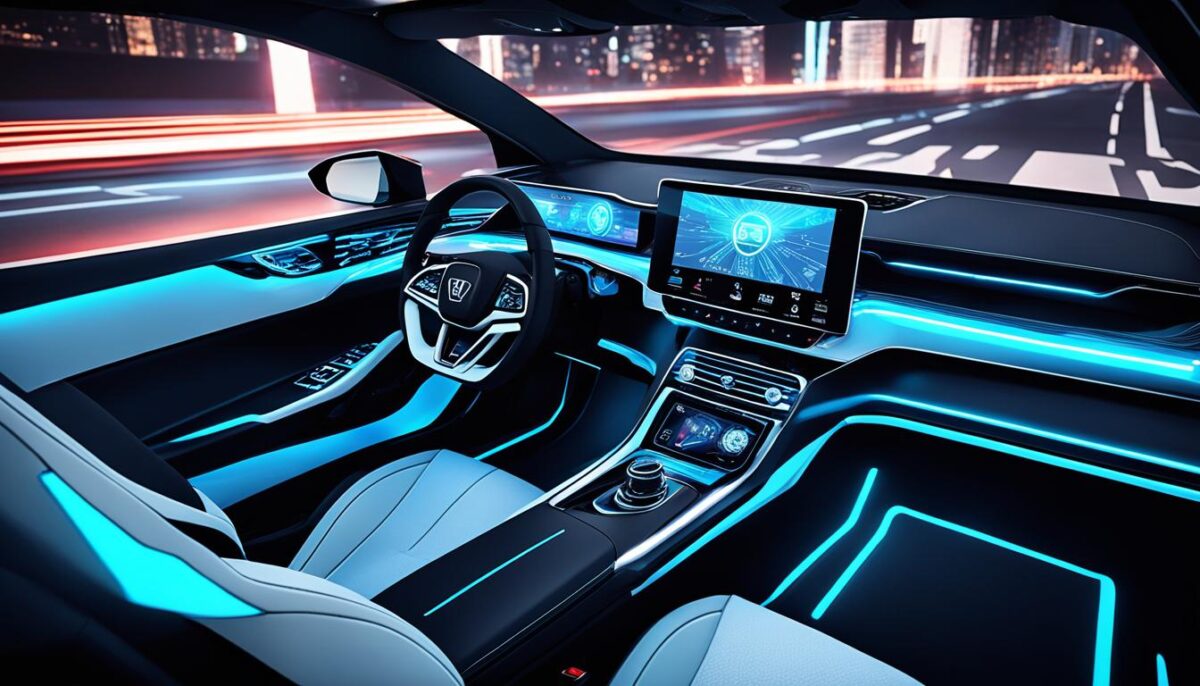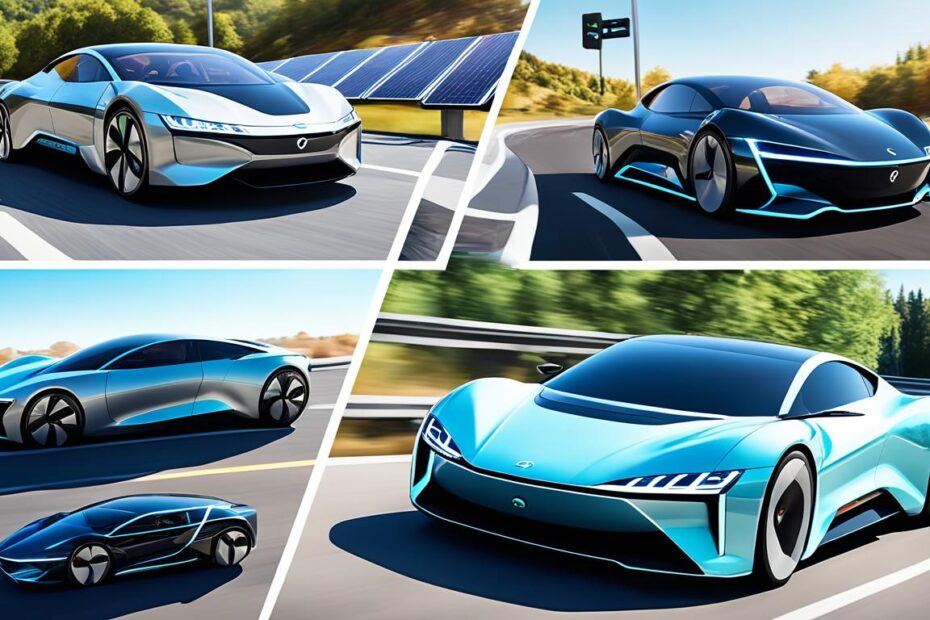As I delve into the incredible world of automotive technology, I can’t help but feel excited about the innovations in cars that are transforming our driving experiences. The rapid advancement of electric vehicles (EVs) and groundbreaking features in autonomous driving are not just trends; they’re essential shifts driving significant automotive advancements. Insights from industry leaders, including data from the International Energy Agency, showcase the swift growth in EV sales, emphasizing the need for improved technology to meet our expectations and environmental standards. With key players like Tesla and Ford leading the charge, it’s clear that tech innovations are shaping a greener and smarter automotive future.
Revolutionary Electric Vehicle Advancements
The landscape of electric vehicles is evolving rapidly, especially in three key areas: battery technology, charging infrastructure, and efficiency improvements. As I explore these advancements, it’s evident that the future of EVs looks brighter than ever.
Battery Technology Breakthroughs
Recent innovations in battery technology have significantly enhanced the performance of electric vehicles. The introduction of solid-state batteries marks a major leap forward, offering improved safety, greater capacity, and faster charging times. These advancements not only boost the overall battery life but also contribute to the growing appeal of electric vehicles in the automotive market.
Charging Infrastructure Developments
The growth of charging infrastructure is essential for the widespread adoption of electric vehicles. Companies like ChargePoint are teaming up with automotive giants such as Volkswagen to expand charging networks. Enhanced availability of charging stations alleviates consumer worries about range anxiety, making it easier for new drivers to transition to EVs.
Efficiency and Range Improvements
Manufacturers are focusing on optimizing EV efficiency through cutting-edge technologies. Lucid Motors has set a high benchmark by creating electric vehicles that achieve ranges exceeding 500 miles on a single charge. Continuous improvements in automotive range not only enhance user convenience but also elevate the perception of electric vehicles as viable alternatives to traditional gasoline-powered cars.

Tech Innovations Shaping the Future
As the automotive industry evolves, numerous technological innovations are paving the way for a future dominated by autonomous vehicles and connected car technology. These advancements not only enhance driving experiences but also significantly improve safety and efficiency on the roads.
Autonomous Driving Enhancements
The landscape of self-driving cars is transforming rapidly, particularly with developments in Level 4 and 5 autonomous vehicles. Companies like Waymo and Cruise are leading this charge, significantly expanding their services in urban environments. These advancements in automotive tech not only allow vehicles to operate with minimal human intervention but also promise to reshape city infrastructures, enabling safer and more efficient transportation options.
Connected Car Features
Connected car technology has taken a significant leap forward with the integration of the Internet of Things (IoT). This integration affords vehicles capabilities such as real-time traffic updates and vehicle-to-everything (V2X) communication systems. These features enhance both safety and the overall user experience. A prime example is Ford’s collaboration with Amazon, which allows drivers to utilize Alexa directly within their vehicles, showcasing how technology can seamlessly improve daily commutes.

Sustainability in Automotive Design
As I delve into the world of sustainable automotive design, it’s inspiring to see how key manufacturers like BMW and Toyota are leading the charge. With the increasing awareness of climate change, these companies are adopting eco-friendly materials such as recycled plastics and bio-based composites. The shift towards sustainable practices isn’t just a trend; it represents a fundamental change in how vehicles are produced and perceived.
The implementation of life-cycle assessments is another remarkable advancement in this field. This process allows automakers to evaluate the ecological impact of their vehicles from production to end-of-life. By focusing on automotive recyclability, they are crafting designs that are not only innovative but also less harmful to our environment. This proactive approach leads to a tangible decrease in waste and promotes a circular economy within the industry.
Furthermore, companies like General Motors are taking bold steps by committing to net-zero emissions across their supply chains. This demonstrates a comprehensive understanding that sustainability must be embedded in every aspect of operations. By prioritizing green technology and eco-friendly practices, the automotive industry is paving the way for a future where sustainability is at the forefront of design, ultimately benefiting both consumers and the planet.
